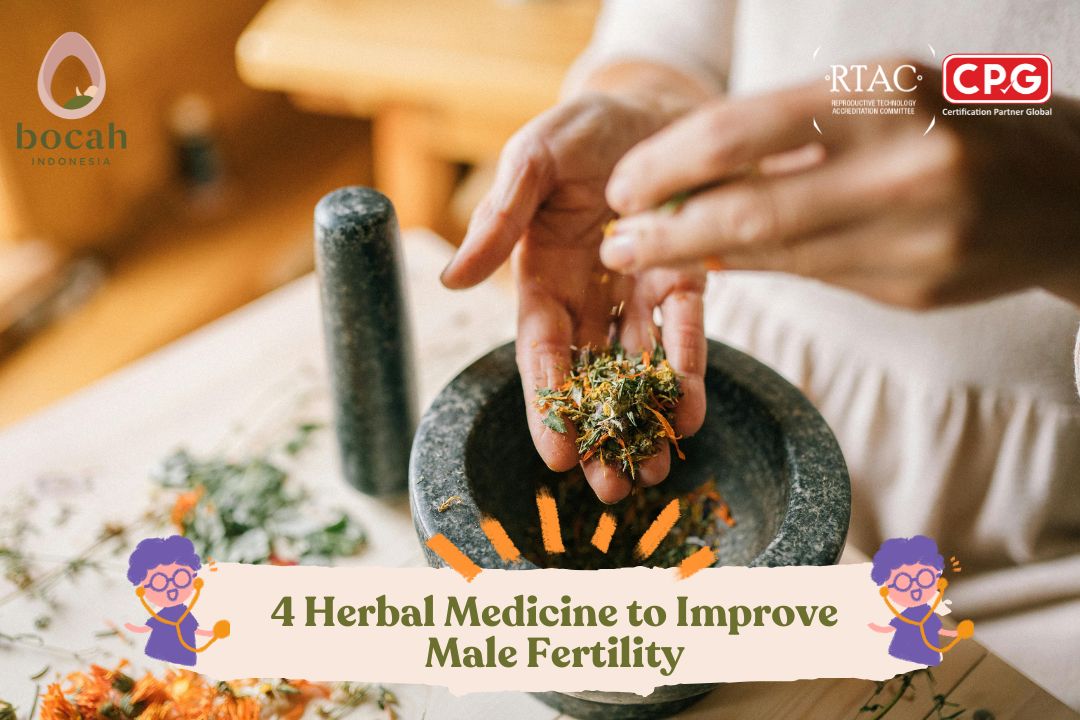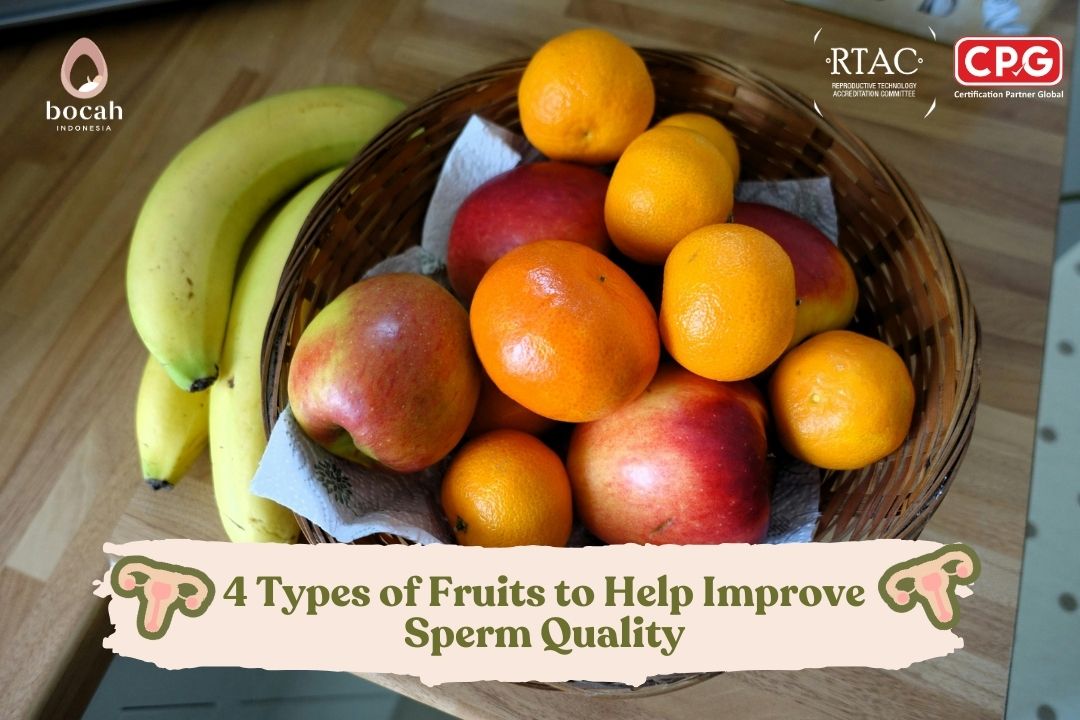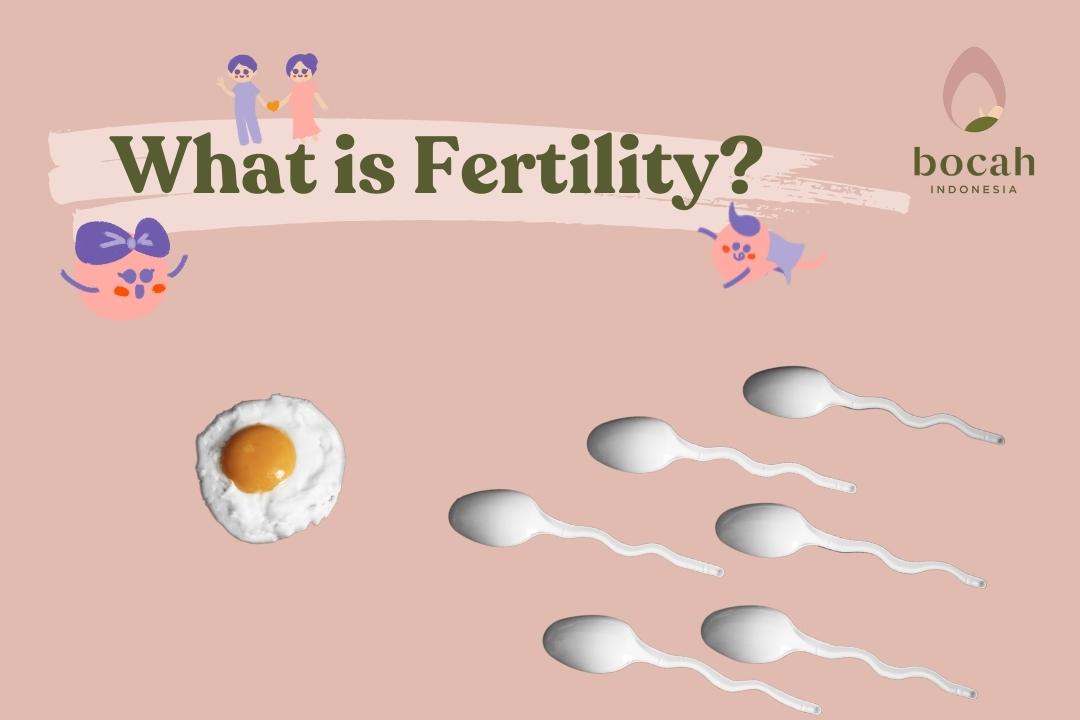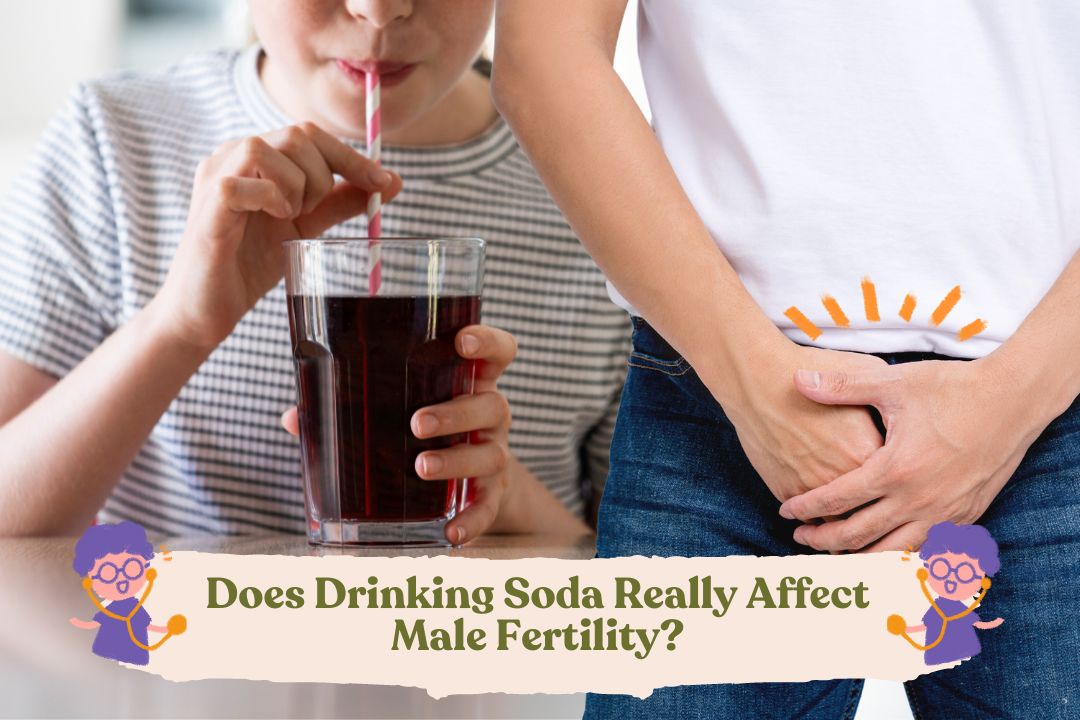How to Improve Female Fertility for Conception
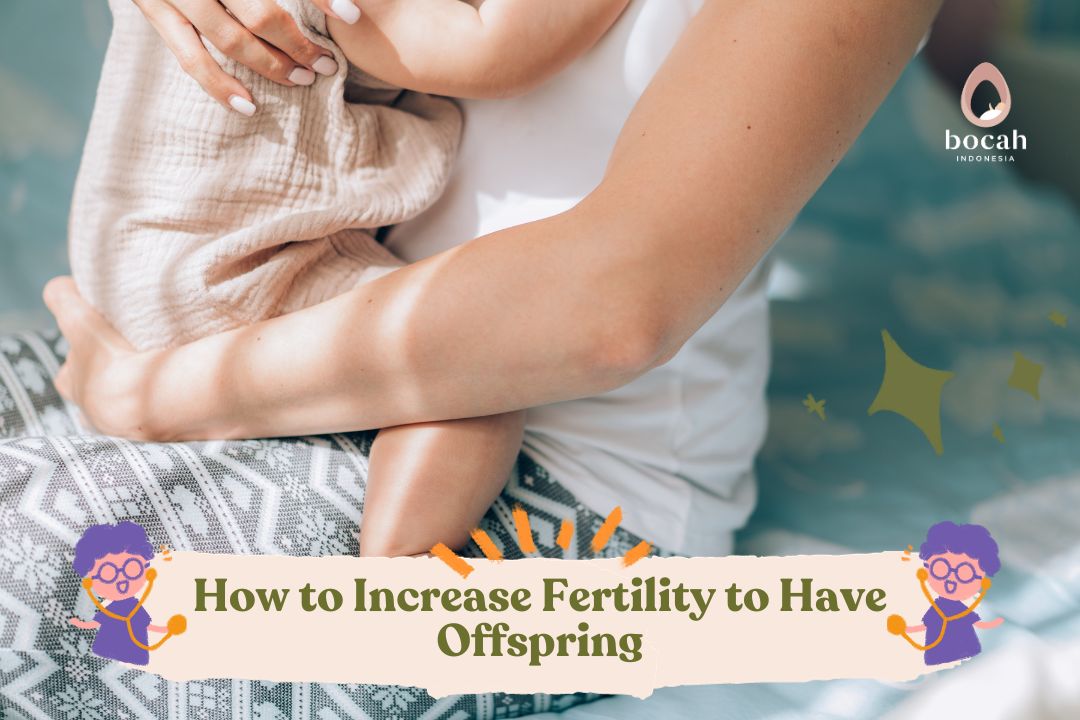
There are several ways for moms to improve female fertility, increasing the chances of success in their pregnancy journey.
To achieve pregnancy, female fertility is one of the crucial factors. Therefore, it’s important to maintain fertility. If a woman has optimal fertility, her chances of pregnancy are high. Conversely, if a woman’s fertility is low, then pregnancy becomes challenging.
In essence, female fertility isn’t solely dependent on the health of the uterus but also on other organs such as the ovaries and fallopian tubes.
Now, there are several ways to improve female fertility, including adopting a healthy lifestyle, maintaining a regular diet, and balancing it with exercise.
How to Improve Female Fertility
Maintaining female fertility is essential not only during pregnancy but also for having a regular menstrual cycle. Here are some ways to enhance fertility:
Tanya Mincah tentang Promil?
1. Adopting a Healthy Lifestyle
Natural fertility can be improved by adopting a healthy lifestyle. This includes quitting smoking and avoiding alcohol. Moms should steer clear of smoking and exposure to secondhand smoke as cigarettes contain chemicals that can affect egg conditions. Additionally, alcohol consumption can also affect fertility. Women who consume 7 or more drinks at one time or 3 or more drinks several times a week have a higher risk of menstrual disorders and fertility issues.
2. Watch Your Diet
Some types of food are beneficial for improving fertility, such as foods containing antioxidants. Antioxidants play a vital role in blocking free radicals that can damage egg cells in the body. Folate and zinc are types of antioxidants that can help improve fertility in both women and men. Moreover, consuming trans fat-containing foods is not advisable as they can cause ovulation problems. Trans fats are typically found in fried foods, butter, baked goods, and processed products. Eating a low-carbohydrate diet can also promote fat loss, lower insulin levels, and optimize menstrual cycles. Fiber-rich foods can help the body manage excess hormones and optimize blood sugar levels. High-fiber foods can be found in fruits, vegetables, legumes, and grains. Consuming protein-rich foods such as eggs, meat, and fish can also help improve female fertility.
3. Maintain a Healthy Weight
Did you know that maintaining a healthy weight can help improve fertility? According to research published in the Journal of the Turkish German Gynecological Association, obesity is related to fertility issues. Women who are overweight or underweight may risk experiencing reproductive health disorders. Therefore, it’s crucial for women to maintain an ideal weight.
4. Regular Exercise
One way to enhance female fertility is through regular exercise. Engaging in routine physical activity can reduce the risk of fertility issues in women. So, don’t hesitate to incorporate exercise into your daily routine. If you want to increase your chances of fertility, ensure that your body is actively moving.
5. Manage Stress Effectively
Stress is one of the triggers for various diseases, including fertility issues in women. This is because stress can affect the function of the hypothalamus, a gland in the brain that influences hormones signaling the ovaries to release eggs. When a woman experiences stress, the hypothalamus’s function is disrupted, causing ovulation disorders. This condition can make it difficult for a woman to become pregnant, especially if she experiences high levels of stress.
That’s an explanation of how to improve female fertility. Don’t forget to always maintain the health of your reproductive organs. If you or your partner has concerns about reproductive organs, be sure to consult with a healthcare facility or fertility clinic like Bocah Indonesia for appropriate treatment.
Source:
- Dag, Z.O., Dilbaz, B. (2015). Impact of obesity on infertility in women. J Turk Ger Gynecol Assoc. 2015; 16(2): 111–117.
- Best, D., et al. (2017). How effective are weight-loss interventions for improving fertility in women and men who are overweight or obese? A systematic review and meta-analysis of the evidence. Human Reproduction Update, Volume 23, Issue 6, November-December 2017, Pages 681–705.
- Chavarro, J.E., et al. (2009). Caffeinated and Alcoholic Beverage Intake in Relation to Ovulatory Disorder Infertility. Epidemiology 20(3):p 374-381, May 2009.
- Chavarro, J.E., et al. (2009). A prospective study of dietary carbohydrate quantity and quality in relation to risk of ovulatory infertility. European Journal of Clinical Nutrition volume 63, pages78–86 (2009).
- Chavarro, J.E., et al. (2008). Protein intake and ovulatory infertility. Research Reproductive Endocrinology and Infertility, Volume 198, Issue 2, P210.E1-210.E7.
- Bakirhan, H., et al. (2019). The association between trans fatty acids, infertility and fetal life: a review. Human Fertility 22(3):154-163.



